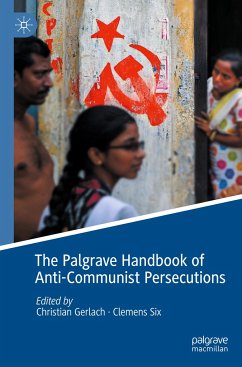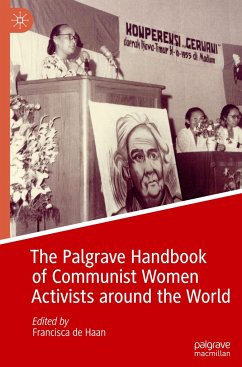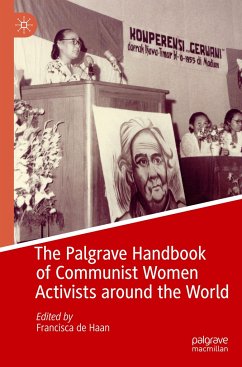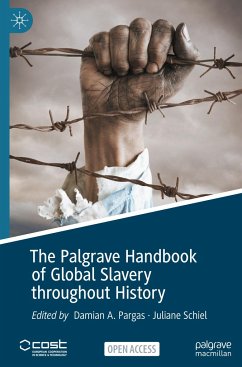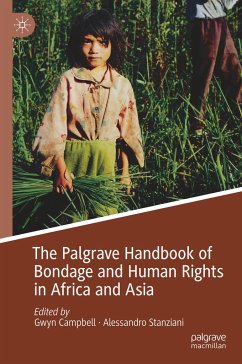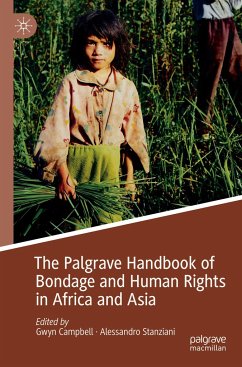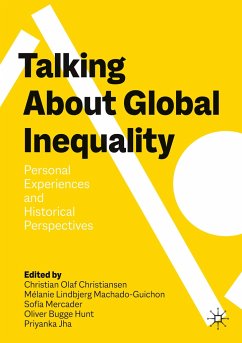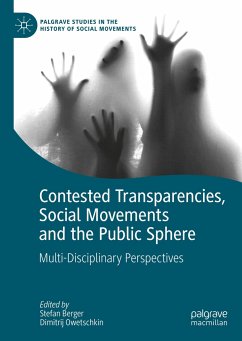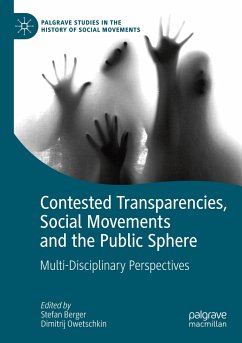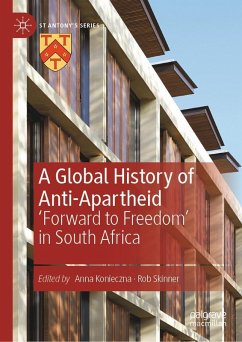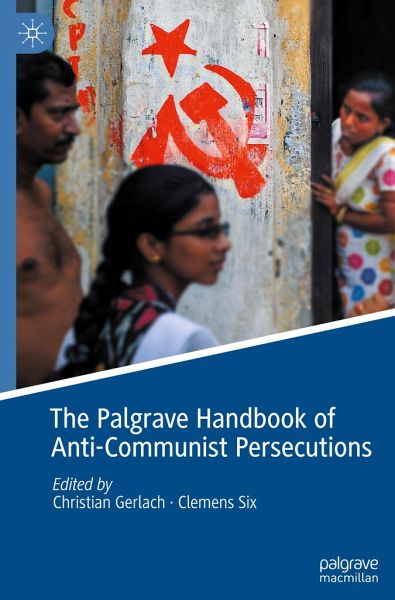
The Palgrave Handbook of Anti-Communist Persecutions

PAYBACK Punkte
52 °P sammeln!
This handbook explores anti-communism as an overarching phenomenon of twentieth-century global history, showing how anti-communist policies and practices transformed societies around the world. It advances research on anti-communism by looking beyond ideologies and propaganda to uncover how these ideas were put into practice. Case studies examine the role of states and non-state actors in anti-communist persecutions, and cover a range of topics, including social crises, capitalist accumulation and dispossession, political clientelism and warfare. Through its comparative perspective, the handbo...
This handbook explores anti-communism as an overarching phenomenon of twentieth-century global history, showing how anti-communist policies and practices transformed societies around the world. It advances research on anti-communism by looking beyond ideologies and propaganda to uncover how these ideas were put into practice. Case studies examine the role of states and non-state actors in anti-communist persecutions, and cover a range of topics, including social crises, capitalist accumulation and dispossession, political clientelism and warfare. Through its comparative perspective, the handbook reveals striking similarities between different cases from various world regions and highlights the numerous long-term consequences of anti-communism that exceeded by far the struggle against communism in a narrow sense. Contributing to the growing body of work on the social history of mass violence, this volume is an essential resource for students and scholars interested to understand how twentieth-century anti-communist persecutions have shaped societies around the world today.
Chapter 7 is available open access under a Creative Commons Attribution 4.0 International License via link.springer.com.
Chapter 7 is available open access under a Creative Commons Attribution 4.0 International License via link.springer.com.





